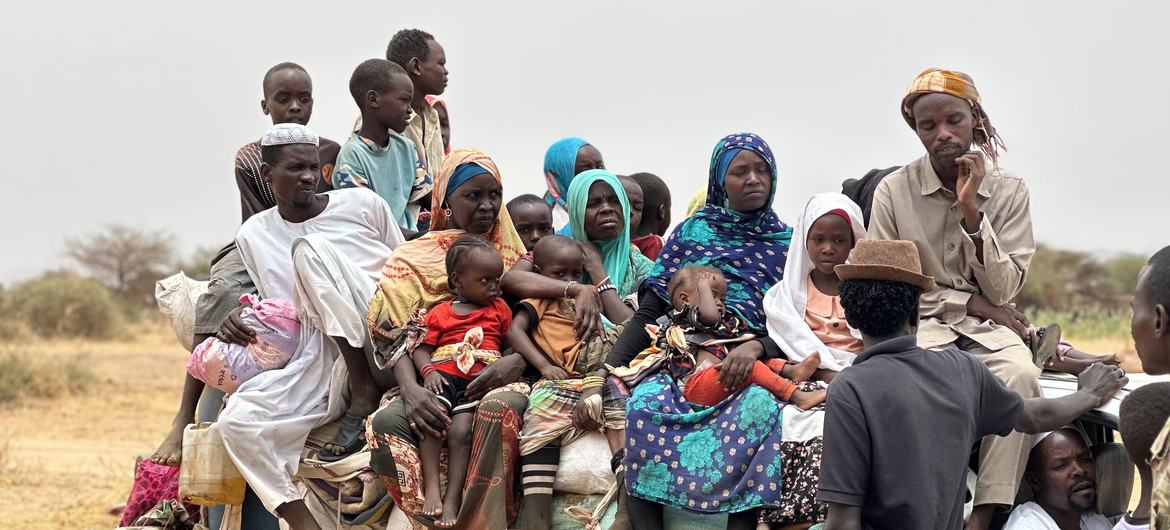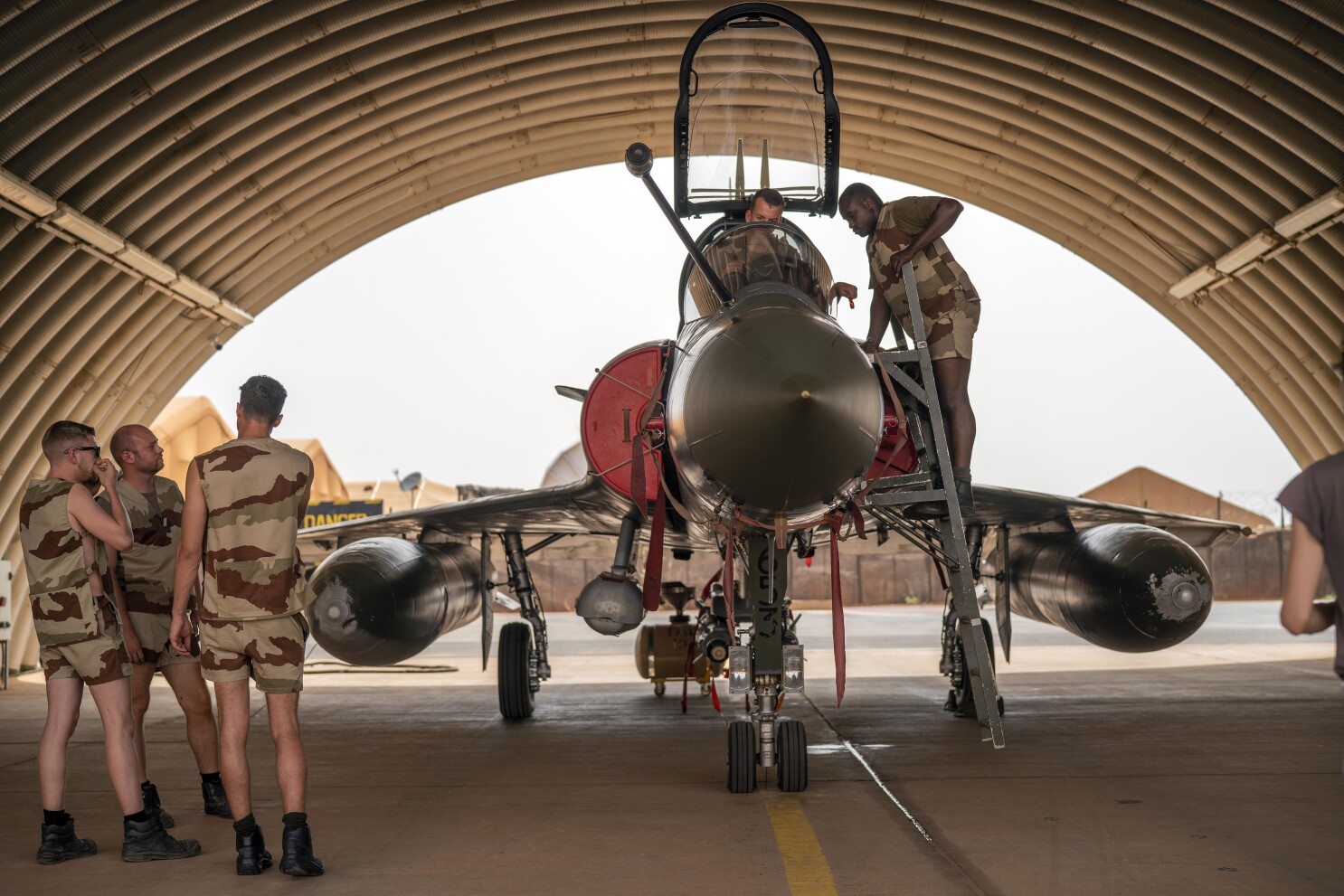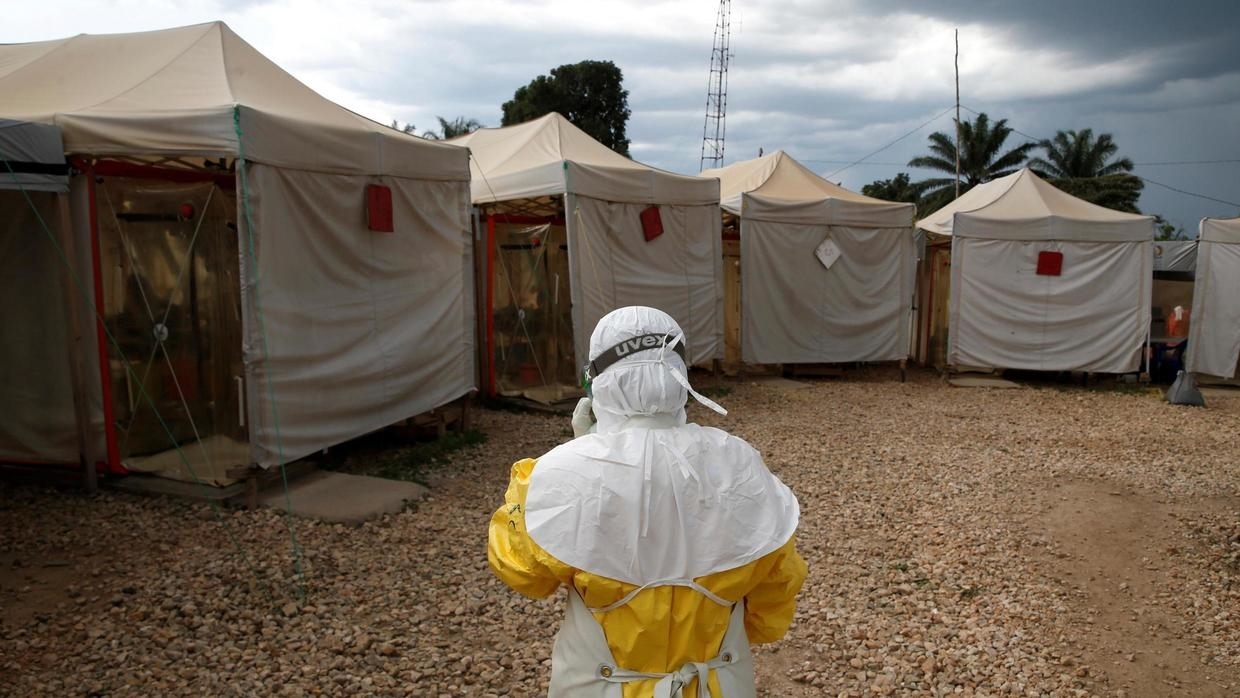As families flee the blood-soaked remains of Zamzam camp, El Fasher is becoming a city of survivors and silent suffering. With exhausted civilians arriving in waves—many on foot after two days without food or water—the humanitarian toll of the recent Rapid Support Forces (RSF) assault is only just beginning to surface. Volunteers in El Fasher have reported elderly people and children dying en route, unable to endure the heat, hunger, or trauma. The newly displaced now crowd into schools, mosques, and university buildings, seeking shelter in a city already under siege and dangerously low on essential supplies.
What makes this crisis more devastating is not just the scale of violence, but its terrifying intimacy. Testimonies emerging from survivors speak of mass executions, sexual violence, and abductions—acts carried out in broad daylight, often in front of family members. The psychological scars will run as deep as the physical ones. Humanitarian groups and local responders are working under curfew conditions with dwindling resources, as the RSF blockade has cut off the city from regular food and medical aid. The result is a growing emergency that threatens to engulf not only El Fasher, but the broader North Darfur region. It will be recalled that Sudanese authorities in Dafur state have imposed an evening curfew on the city of El Fasher starting from today after a camp spokesman reported that 500 persons were killed or injured on Sunday.
This is not simply a security breakdown—it is a humanitarian collapse. With local authorities struggling to respond and national leadership virtually absent, international agencies face the urgent task of stepping in. A humanitarian corridor must be established, and global pressure mounted for an immediate ceasefire and independent investigation into atrocities. Silence, in this moment, is a form of complicity. The world must act—not only to hold perpetrators accountable but to ensure the survivors of Zamzam do not become the forgotten victims of yet another African tragedy.



